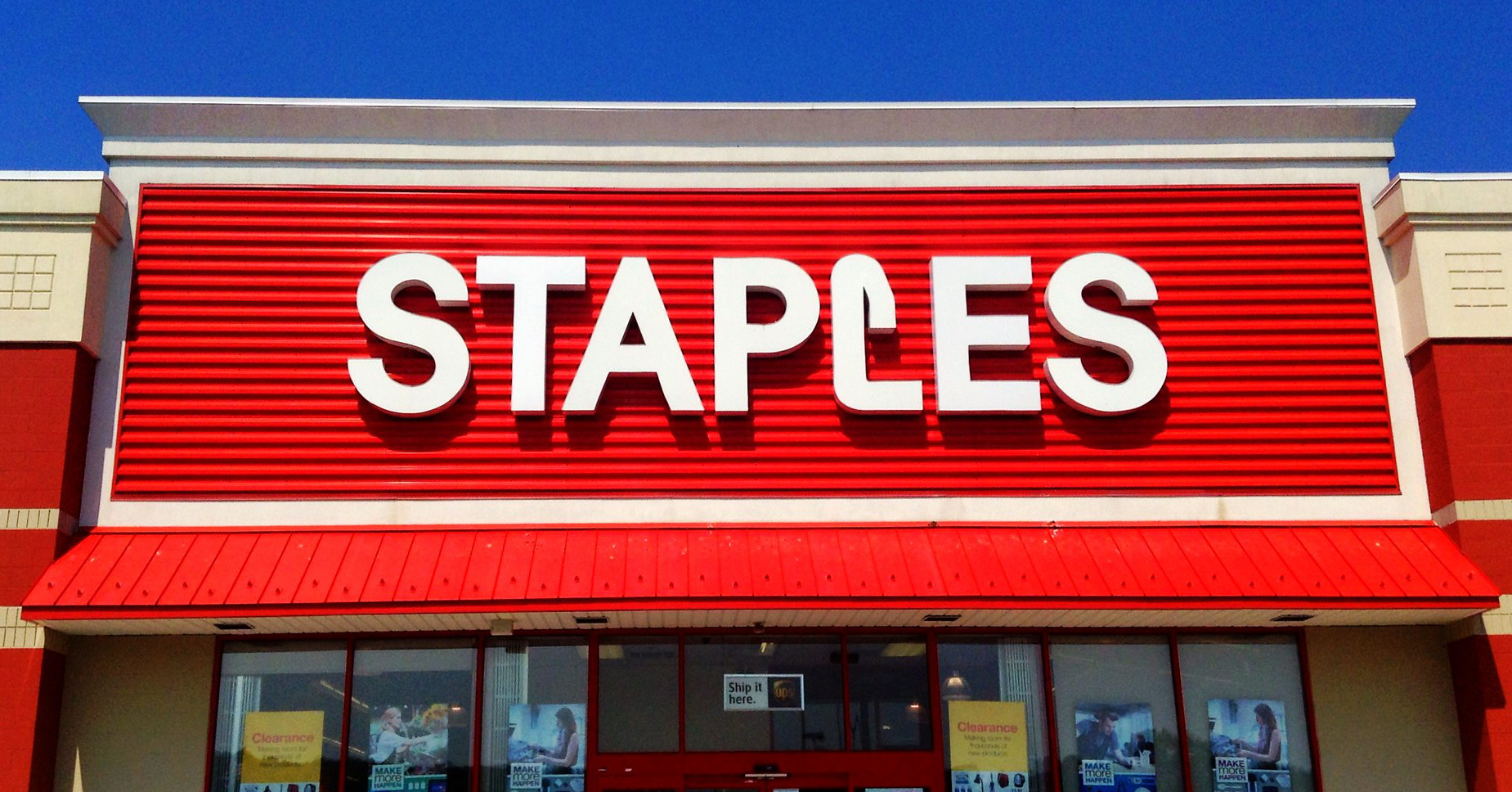When You Lose a Star: What Alinea’s Drop Can Teach DMOs
This week, Chef Grant Achatz announced something almost unthinkable: for the first time since Michelin arrived in Chicago in 2011, Alinea dropped from a 3‑star to a 2‑star rating. That leaves just 13 three‑star restaurants in the United States.
20 Years of Innovation
For nearly two decades, Alinea has represented reinvention. Even its name, taken from the symbol for a new paragraph, signals a break from old thinking. By 2006, Gourmet had named it the best restaurant in America. And in 2007, when Achatz was diagnosed with stage 4 carcinoma of the mouth, he pushed through treatment that erased his sense of taste entirely. As his taste returned, so did Alinea’s creative rise. When Michelin began rating Chicago restaurants in 2011, Alinea earned three stars and held them for 14 straight years.
Only one other Chicago restaurant ever joined that tier: Smyth, led by Chef John Shields, a former Alinea chef, who earned his own third star in 2023. And this year, Smyth stands alone.
So the question extends far beyond fine dining:
How do you hold a top ranking for 14 years… and then lose it seemingly overnight?
-
Decline rarely happens suddenly. It’s incremental.
There was no dramatic implosion. Instead, the signs looked like what every Destination Marketing Organization (DMO) recognizes:
– Small cracks in visitor experience
– Creative that stops evolving with audience expectations
– A story that once broke through but slowly stopped resonating
– Teams running the same playbook for too long
Chicago Magazine’s 2022 profile hinted clearly at this: Alinea risked becoming more museum than movement. Meanwhile, Smyth pushed forward, innovating season after season.
Alinea didn’t fail. It just stayed still while the world kept moving.
-
Comfort is the real competitor, not other destinations.
DMOs fall into the same trap when:
– Website content isn’t audited regularly
– Campaigns get recycled because they “worked last year”
– Social tone no longer reflects traveler behavior
– Creative feels dated, safe, or predictable
– The organization stops listening to feedback signals
A Michelin star is a feedback loop. So are search trends, booking behaviors, partner sentiment, and time‑on‑site analytics.
The question is whether you treat feedback as a threat or a roadmap.
-
The best destinations stay curious. The worst stay proud.
Alinea’s entire identity was built on reinvention, but reinvention isn’t permanent. It’s a discipline.
DMOs face the same reality. The minute you believe your brand is “set,” your content “good enough,” or your visitor experience “optimized,” you begin slipping. Travelers don’t care what your destination “was.” They care what it feels like “now.”
-
The lesson: Feedback is a gift.
Michelin didn’t punish Alinea. It illuminated an opportunity.
High‑performance organizations, restaurants or DMOs, don’t fear feedback. They actively seek it. They institutionalize it. They build systems around it.
Feedback isn’t judgment.
Feedback is direction.
Feedback is strategy.
Feedback is how you avoid losing your metaphorical star.
Because the real loss isn’t losing a star.
The real loss is pretending the feedback doesn’t matter.
Every signal, no matter how late it feels, invites you to level up, recalibrate, and get back to the work that made you great in the first place. Losing a star isn’t the end. Refusing to grow from it is.
Learn more about how we can help you adapt to the evolving marketing landscape and ramp up your efforts.
Share This Story
February 27, 2026
Travel inspiration has always been visual, yet the nature of those visuals is evolving quickly. With Google’s introduction of Nano Banana 2, image generation is becoming more contextual, blending AI understanding with real-time information like weather, lighting, and environmental cues. The result is imagery that feels less imagined and more experiential, offering travelers a preview of how a place might feel [...]
February 22, 2026
In Blade Runner, based on Philip K. Dick’s Do Androids Dream of Electric Sheep?, the emotional tension hinges on a simple idea: what if artificial beings had memories like ours? What if they carried experience, longing, and narrative continuity? We are tempted to project that same idea onto large language models. We shouldn’t. There’s a growing conversation about “AI memory [...]
February 20, 2026
If you’ve been on the internet this week, you’ve probably seen one recurring theme: Staples. More specifically, Staples’ response to an employee now known as the “Staples Baddie.” For the last decade, brands, and plenty of DMOs, have treated “brand voice” like the engine of the machine. Nail the tone. Polish the copy. Standardize the look. That worked. Until [...]





 Ad Choices
Ad Choices